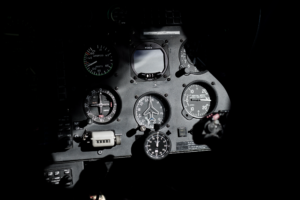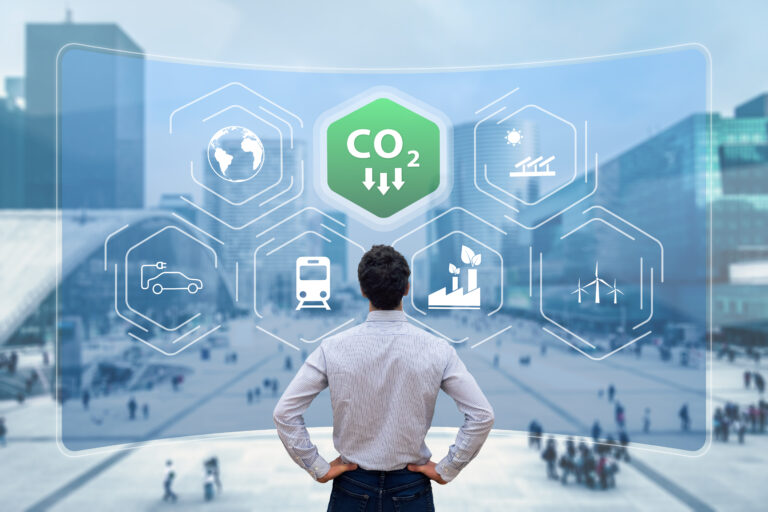
Simulation and evaluation of sustainable climate trajectories for aviation
In 2019, aviation was responsible for 2.6% of world CO2 emissions as well as additional climate impacts such as contrails. Like all industrial sectors, the
« Hydrogen-powered transport aircraft consume less energy than their kerosene-fueled counterparts, regardless of the mission (from short-haul to long-haul flights). »
— D. Brewer, Hydrogen Aircraft Technology, 1991
Today, this claim is challenged by modern scientific literature and a thorough analysis of Brewer’s (NASA) work remains difficult to find.
Since January 2025, Romain JAN’s postdoctoral research aims to critically reassess these findings in light of current certification and aircraft design methodologies.
This project focuses on two main objectives:
– Reducing uncertainty in hydrogen aircraft modeling to enable a fair comparison of their energy performance with kerosene-powered aircraft, considering both conventional and disruptive architectures.
– Assessing the environmental performance of a hydrogen-powered fleet using AEROMAPS, a prospective scenario simulation tool developed at ISA.
Supervised by Professors Jean-Marc Moschetta and Christian Gogu (ISAE-SUPAERO), this research is conducted in collaboration with ENAC and funded by the Institute for Sustainable Aviation and the Rhyo Défi-Clef.

l

In 2019, aviation was responsible for 2.6% of world CO2 emissions as well as additional climate impacts such as contrails. Like all industrial sectors, the

Suzanne Salles’s PhD thesis focuses on the impact of changing atmospheric conditions, linked to climate change, on aircraft take-off performance.

The Institute for Sustainable Aviation (ISA) had the pleasure of hosting its bi-monthly webinar on Tuesday, January 21, featuring Jean-Marie Tarascon, a world-renowned researcher, Professor
By continuing to browse this site, you are agreeing to the use of cookies for statistical purposes, as well as to facilitate information sharing on social networks. For more information, you can consult our Cookie policy.